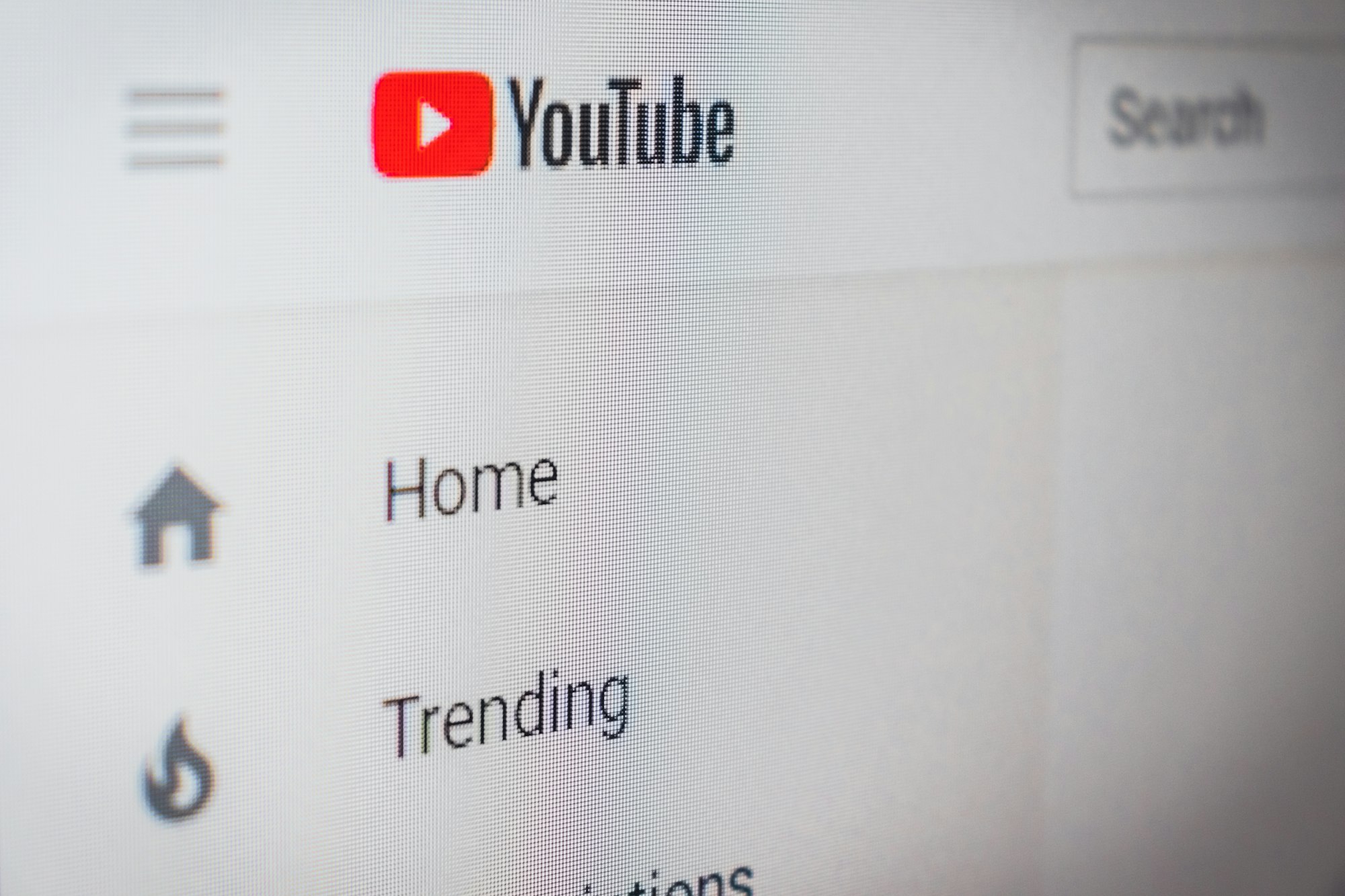YouTube yesterday announced the launch of a new YouTube Music AI Incubator, which will “bring together some of today’s most innovative artists, songwriters and producers” to help inform the Google company’s “approach to generative AI in music”.
And, alongside that, it published three key AI music principles and confirmed an alliance with Universal Music.
The announcement comes as discussions continue within the music industry around the opportunities and challenges posed by generative AI, and in particular AI models that can generate music. It also follows reports that Universal Music is in talks with Google about licensing a new AI platform that will allow users to legitimately generate tracks that imitate the voices, lyrics or sounds of established artists.

The new YouTube Music AI Incubator will initially involve a number of Universal-allied artists and songwriters, including: Anitta, Björn Ulvaeus, d4vd, Don Was, Juanes, Louis Bell, Max Richter, Rodney Jerkins, Rosanne Cash, Ryan Tedder and Yo Gotti, plus the estate of Frank Sinatra.
As for the big three guiding principles that will be applied as YouTube develops music-making AI tools, they are basically that YouTube will collaborate with the music industry on all this rather than creating tools that could compete with it; that they will seek to provide protections for music-makers and their business partners; and they will use AI to tackle any new challenges created by AI, such as in areas like copyright, spam and misinformation.
Expanding on all this, YouTube published blogs posts from both its own CEO Neal Mohan and Universal Music boss man Lucian Grainge.
The latter wrote: “Our challenge and opportunity as an industry is to establish effective tools, incentives and rewards – as well as rules of the road – that enable us to limit AI’s potential downside while promoting its promising upside. If we strike the right balance, I believe AI will amplify human imagination and enrich musical creativity in extraordinary new ways”.
On the collaboration with YouTube, he continued: “Central to our collective vision is taking steps to build a safe, responsible and profitable ecosystem of music and video – one where artists and songwriters have the ability to maintain their creative integrity, their power to choose, and to be compensated fairly”.
So there you go.
And here are those three key YouTube music AI principles in full…
Principle #1
Principle #2
Principle #3
Generative AI systems may amplify current challenges like trademark and copyright abuse, misinformation, spam, and more.
But AI can also be used to identify this sort of content, and we’ll continue to invest in the AI-powered technology that helps us protect our community of viewers, creators, artists and songwriters – from Content ID, to policies and detection and enforcement systems that keep our platform safe behind the scenes. And we commit to scaling this work even further.

